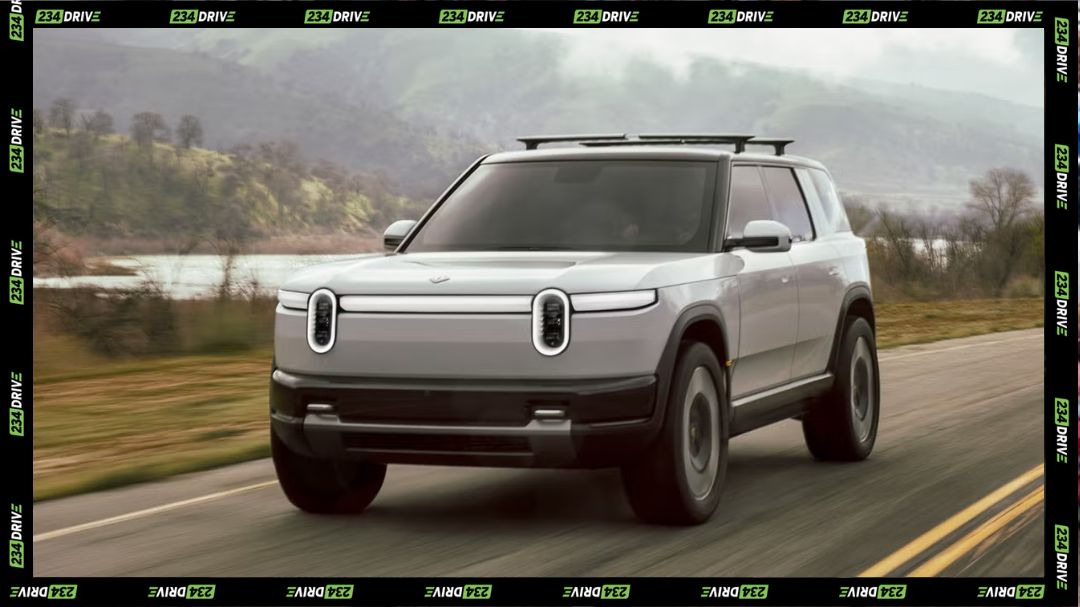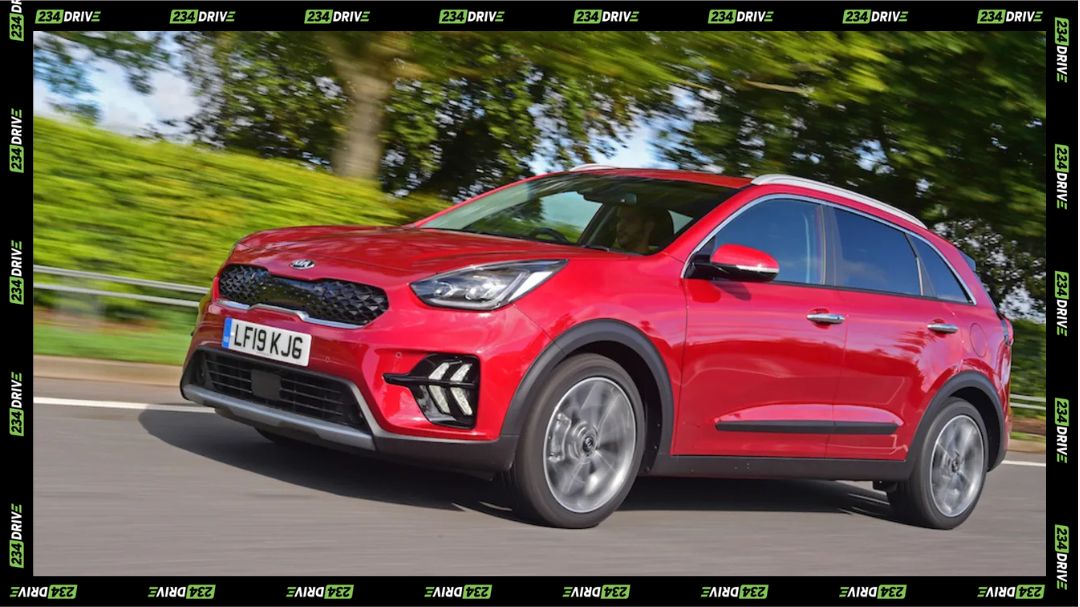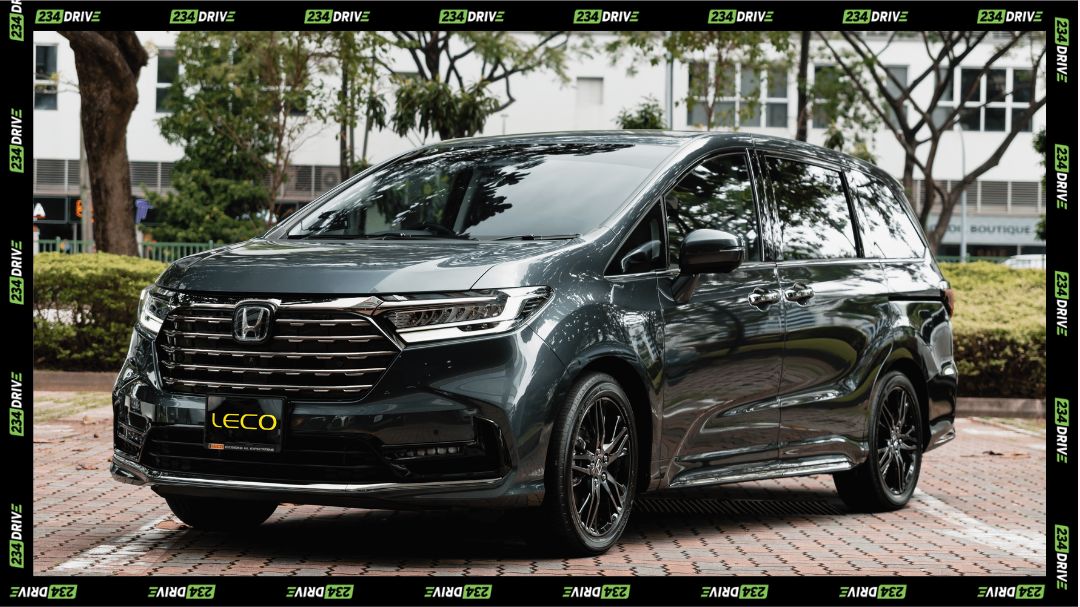Electric vehicles are gradually gaining ground in Nigeria, fuelled by rising fuel prices, sustainability goals, and the emergence of locally assembled options. For 2025, the Hyundai Kona Electric stands out as a top contender, delivering a strong balance of long driving range, competitive pricing within its segment, and accessible servicing through established local support networks. Its 64 kWh battery offers up to 482 km on a full charge, making it suitable for both daily urban commutes and longer inter-city journeys. Local assembly by Stallion Group also means faster access to parts and technicians, reducing downtime for repairs.
With prices ranging from ₦18 million to ₦28 million depending on trim and dealer, the Kona Electric provides a realistic pathway for Nigerian drivers to embrace EV technology without giving up practicality, performance, or convenience. It represents a middle ground between high-end imports like Tesla and budget-friendly EVs with limited range, making it a smart choice for those ready to transition to cleaner mobility.
Performance Review
The Hyundai Kona Electric delivers up to 204 horsepower through its 64 kWh battery, providing a real-world range of up to 482 km on a single charge. Acceleration is brisk, making it suitable for both city commuting and highway driving. Torque delivery is instant, a hallmark of electric motors, ensuring responsive overtakes even at higher speeds. Regenerative braking improves efficiency and extends battery life, especially in urban stop-and-go traffic. In Nigeria’s mixed driving conditions—from congested Lagos streets to the Lagos–Ibadan expressway—the Kona maintains stable handling and predictable performance.
Interior and Technology Review
Inside, the Kona Electric offers a refined cabin with an intuitive 10.25-inch touchscreen infotainment system supporting Apple CarPlay and Android Auto. Premium trims feature leather upholstery, a fully digital instrument cluster, and heated/ventilated seats. Storage is practical for a compact SUV, and the rear seats fold flat to expand cargo capacity. Advanced driver assistance systems, such as lane-keeping assist, forward collision warning, and adaptive cruise control, are available, adding an extra layer of safety for Nigerian roads.
Exterior Design Review
The Kona’s exterior blends compact SUV practicality with distinctive styling. LED headlights, a closed front grille for better aerodynamics, and two-tone paint options give it a modern, upscale look. Higher trims add unique alloy wheel designs and roof rails for additional utility. Ground clearance is sufficient for most Nigerian road conditions, though extreme off-road use remains limited.
Value for Money
Compared to rivals like the Tesla Model 3 (over ₦80 million) or the Nissan Leaf (₦10.8–₦18 million, but with a shorter range), the Kona offers an optimal balance of range, price, and support infrastructure that makes it appealing to a wide range of Nigerian buyers. Its locally assembled status through Stallion Group not only guarantees faster and more affordable access to spare parts but also ensures a pool of trained technicians familiar with the model’s maintenance requirements. This reduces downtime and costs for owners over the life of the vehicle.
Beyond affordability and serviceability, the Kona benefits from strong resale value and globally proven reliability ratings, giving buyers confidence in their investment. These advantages make it a compelling choice in a market where long-term durability and cost-effectiveness are as important as cutting-edge technology.
EV Adoption in the Nigerian Context
Nigeria’s EV market faces significant hurdles, most notably limited public charging infrastructure and an unstable power grid, which can discourage potential buyers. However, the Kona Electric’s long range helps reduce the frequency of charging stops, making it more manageable for daily use and inter-city travel. Increasingly, owners are turning to solar-based home charging systems, combining rooftop panels and battery storage to cut reliance on the national grid. This self-sufficiency not only addresses range anxiety but also lowers long-term running costs.
Beyond user convenience, the Kona’s local assembly by Stallion Group strengthens Nigeria’s automotive manufacturing base, creating skilled jobs, supporting parts production, and reducing dependence on imports. This localisation encourages knowledge transfer, boosts the economy, and lays the groundwork for broader EV adoption across the country.
Final Verdict
In 2025, the Hyundai Kona Electric stands out as Nigeria’s most practical EV option, delivering a strong mix of global performance credentials, locally assembled availability, and competitive pricing that makes ownership more attainable. Its after-sales support network through the Stallion Group ensures parts and servicing are within reach, an advantage many rivals cannot match.
While alternatives like the EMVC Adoja and Innoson EX02 bring innovation to the market, they still lag in proven range, widespread user feedback, and infrastructure support. The Kona’s efficiency, advanced technology, and reliability give it a clear lead for Nigerian buyers ready to embrace electric mobility. For those weighing a shift from petrol to electric, it offers a balanced, future-ready choice without compromising on practicality or daily usability.










